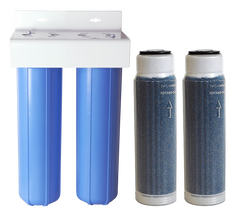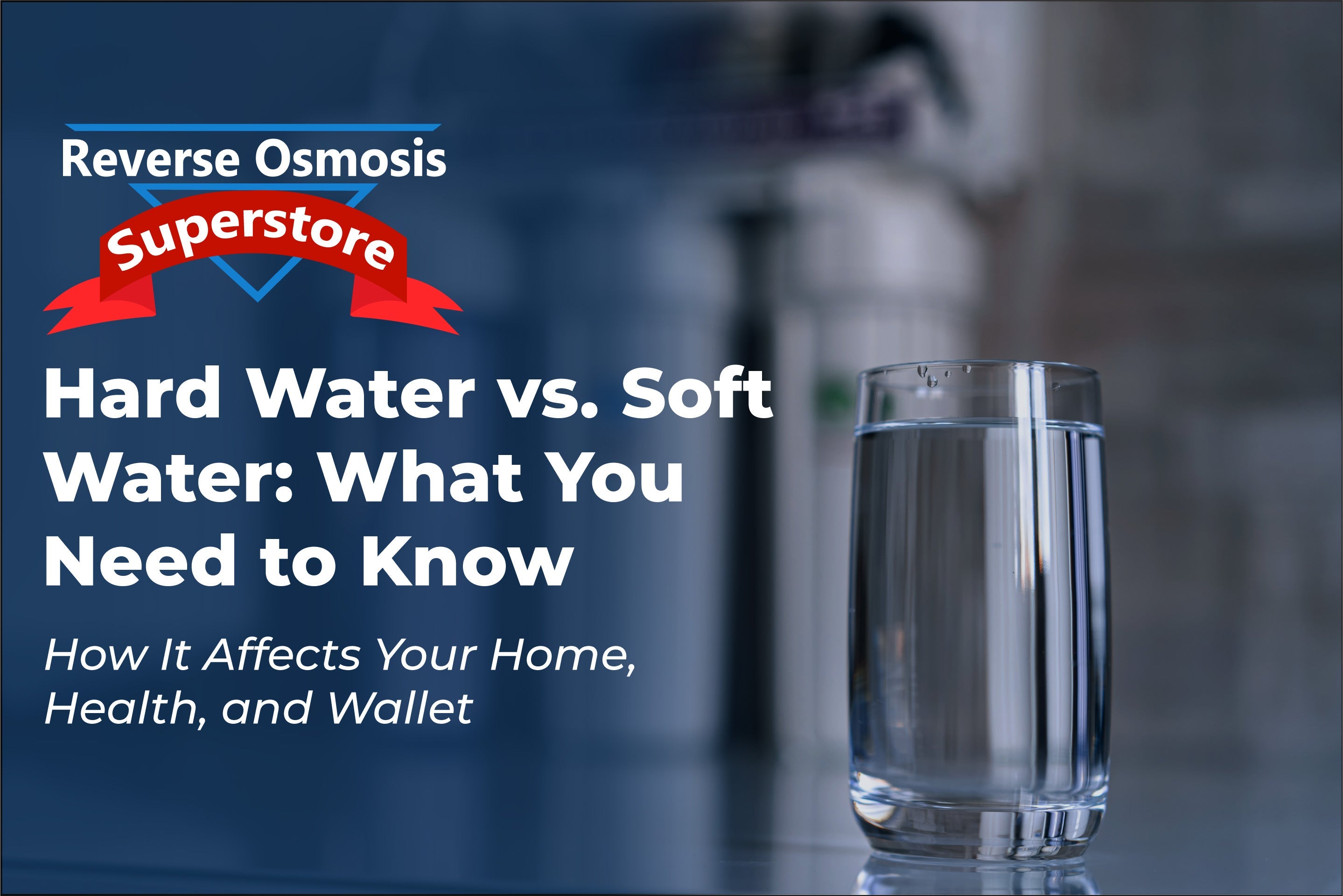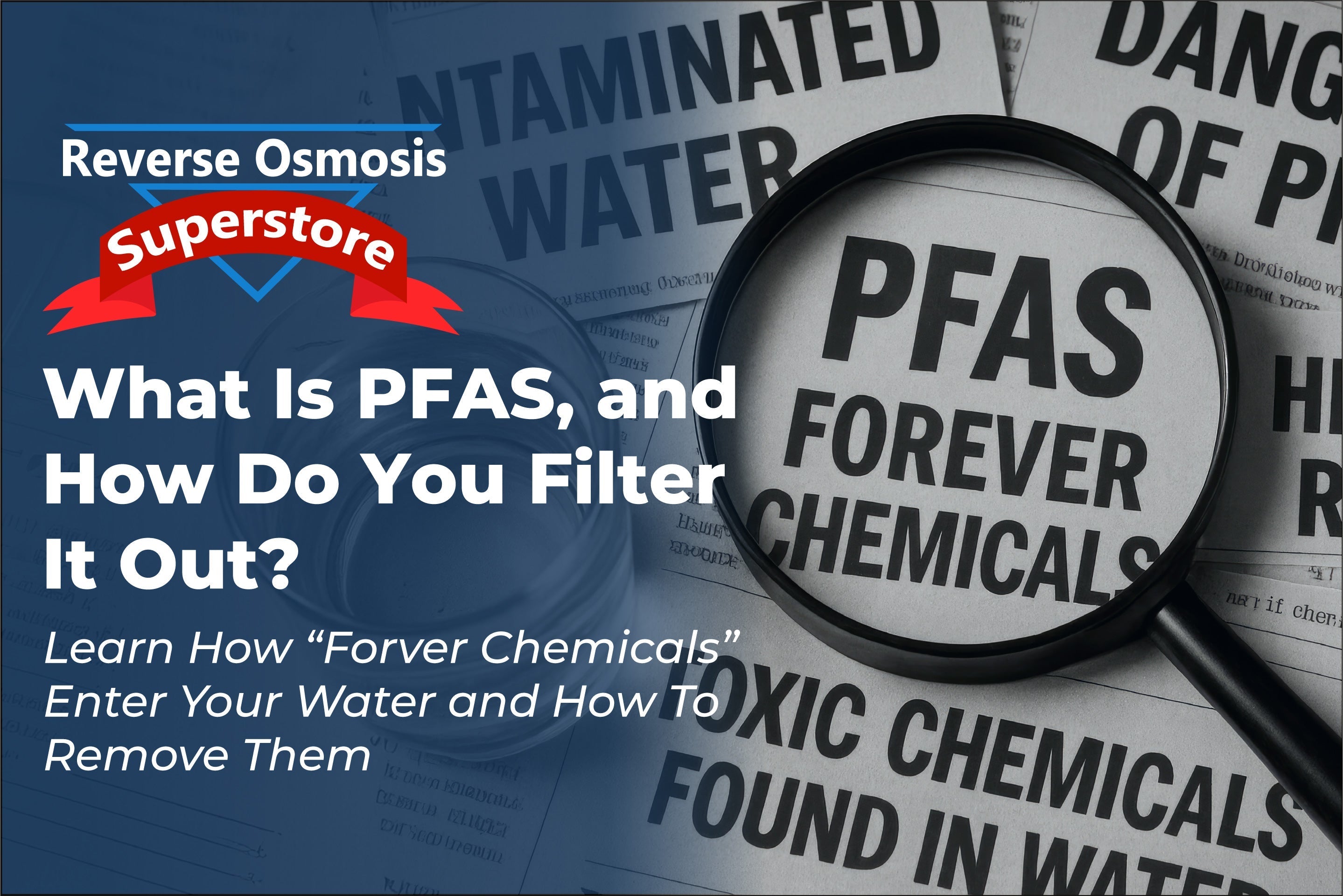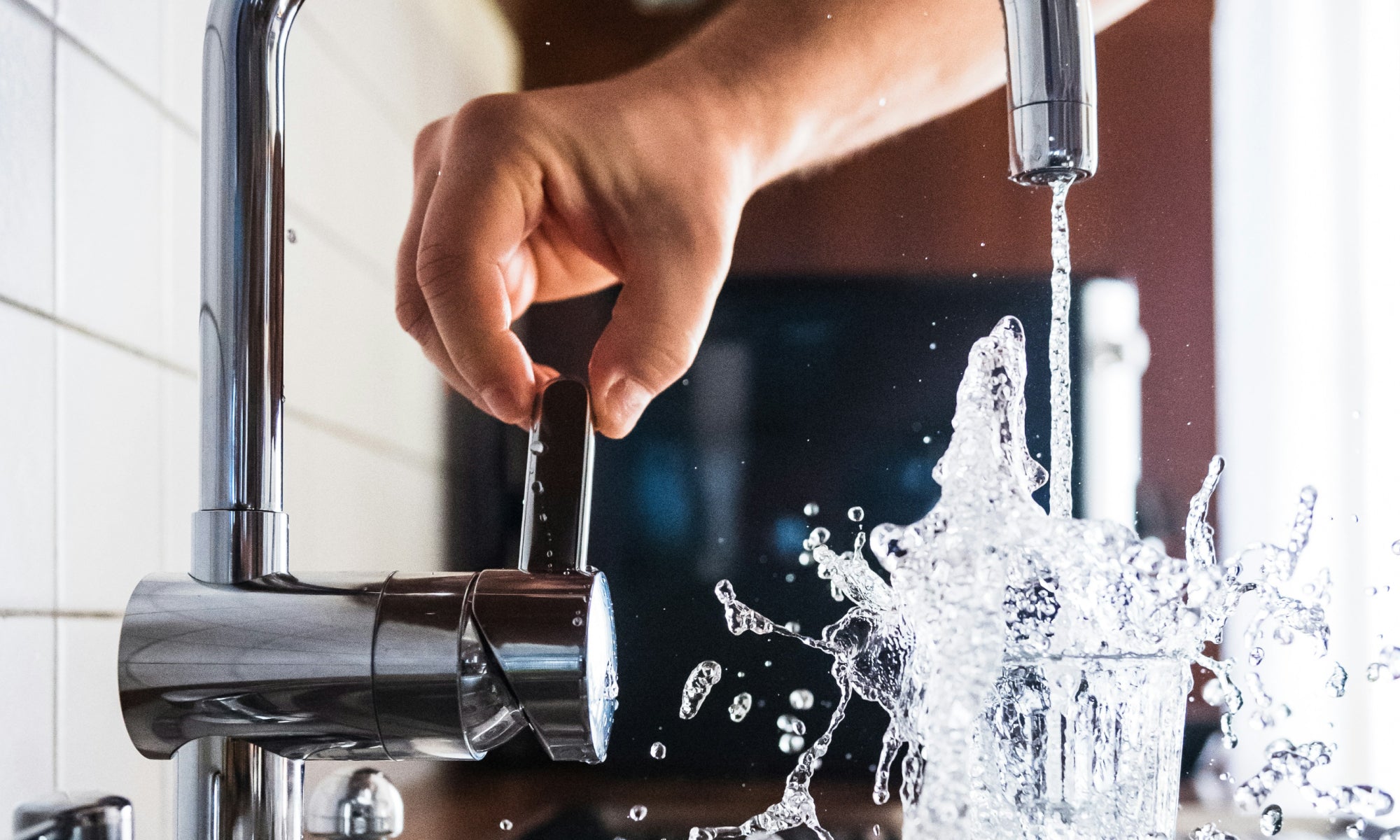 What is water deionization? It's a question we here frequently. The short answer is, DI water systems are the last water filter pass. When you need water at it's most ultra pure state, water deionization is used.
What is water deionization? It's a question we here frequently. The short answer is, DI water systems are the last water filter pass. When you need water at it's most ultra pure state, water deionization is used.
High purity water is essential for certain industries that need ultra pure water: Medical offices, Laboratories, Biotech companies, Pharmaceutical companies, Cosmetics companies, Large aquariums and reefkeeping facilities, Electronics manufacturing plants, Food processing plants, Plating and anodizing, and Car washes final rinse.
DI water has had nearly all of the mineral content and dissolved ion content removed. It's a true blank slate and it's as pure as water can get.
In order to make deionized water, you might need a few systems. The first step is getting a water report, you won't know what systems you'll need (or won't need) if you don't know what's in your water. Depending on that report, you might need a water scale reduction system, an iron removal water system, water softener, and depending on the amount of water, either a commercial reverse osmosis system or a lower gallon per day RO system. Again, depending on your water quality and your water analysis, some of these systems may not be necessary. Scale reduction systems change the ionization of molecules making them easier to wipe away and go down the drain. Iron removal removes water soluble iron, manganese, Hydrogen Sulfide, and other contaminants. Water softeners filter the rest of the hard water minerals out of the water. Then the reverse osmosis system uses a sediment water filter, carbon block water filter, and reverse osmosis membrane to pull the remaining 99.9% of materials out of the water.
That leaves the final stage of water deionization. Depending on how pure you need the water, a one, two, or three stage DI water system will bring the water as close to zero as possible.
So why do you need it and what exactly is the scientific definition of water deionization? Deionization is an ion-exchange process in which water flows through a layer of resin. That cation resin exchanges hydrogen ions (H ) for positive ions, and anion resin exchanges hydroxide ions (OH-) for negative ions. There are two types of Deionization: one for the Anions (negative) and one for the Cations (positives), but the highest quality water is produced when both types are mixed together.
We understand, this can be VERY confusing to figure out what system you need. Our water professionals have helped created water system setups for car washes, cannabis, hemp, marijuana farms (when the water needs to be tailored to the particular crop), exotic fish aquariums, electronic and pharmaceutical production companies, streak free window cleaning companies, large solar panel cleaning too. If you need help making heads and tails of these systems, feel free to contact our expert water professionals and we'll help you every step of the way.





2 comments
Reverse Osmosis Superstore
Joe, first off we recommend a water report, so we know what else is in the water. There might be other water problems we need to address. For iron removal, we generally recommend a Fleck 2510SXT Air Injection with Katalox light, but again, before purchasing a system, please send a water report to support@reverseosmosis.com.
Take a look at the water iron removal systems we have on our site, and we can always design and build one based on that water report:
https://reverseosmosis.com/collections/iron-filter-water-systems
Joe Falter
I’m on well water from private well and it has hydrogen sulfide and other minerals it eats my appliances up what would you recommend